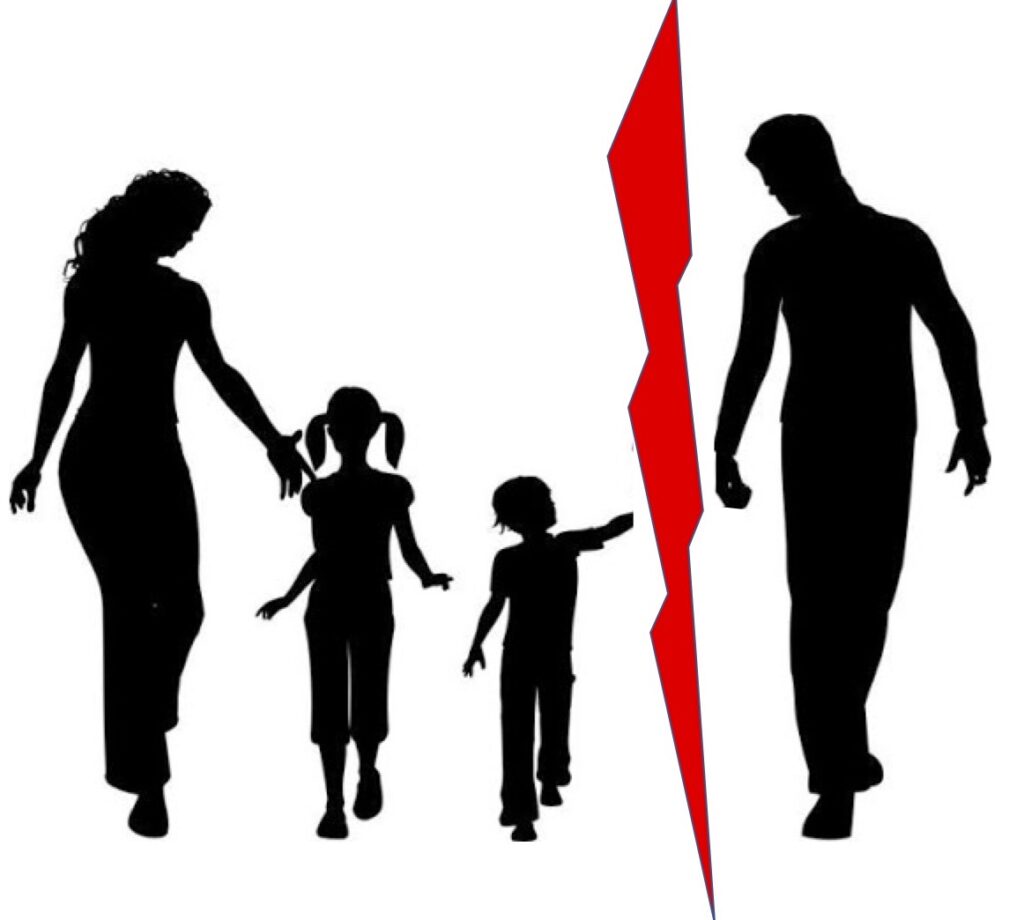
“Did you know you get your identity from your father?” I asked that at a training session for some senior law enforcement leaders in the southeast a few years ago. The session was going along just fine, and since the subject was all about finding your purpose, most of the attendees were paying close attention.
I was explaining to the group of seasoned cops that the foundation needed for anyone to find their purpose is knowing who you really are. There are some very good assessments available to help people get a much better idea of their personalities and strengths, both of which are vitally important to discover your real identity. The problem with those assessments is that most people are afraid to answer the assessments truthfully because of some trauma in their developmental years.
The trauma may have been small and seemingly insignificant, or it may have been devastating. Whether we want to admit it or not, most of those traumatic events that have affected our identities were the result of something our father did or failed to do. Your lack of identity, or false concept of your identity, can often be traced back to your relationship, or lack of relationship, with your father. I call that a Father Fracture.
Before you dismiss this idea, please read on.
As soon as I said that we all get our identities from our fathers, the mood in that law enforcement session changed. It suddenly became very quiet and almost everyone’s facial expressions changed. After the meeting, several of the attendees came up to me and said they intuitively knew I was right, but since cops are a skeptical bunch, they wanted proof. Where was the evidence? They knew they were dealing with the results of this “father fracture” on the streets every day, they knew many of their new recruits to law enforcement had father fractures, and some admitted their own relationships with their fathers were terrible. But could I prove it? Could I prove that father fractures were the cause of many of the problems that law enforcement had to deal with?
Here is some of the proof.
Did you know that fifty percent of children in America will grow up in a single-parent home for at least some period before they reach the age of 18? Did you know that a single-parent home usually means that the mother is left to take care of the children and that single-parent homes are five times more likely to live in poverty than when both parents are in the home? Did you know that one of the ways fatherlessness affects young men is that they become angry, which leads to criminal activity? Did you know one of the ways fatherlessness shows up in women is promiscuous behavior? All of these are huge social problems that have a direct relationship with fatherlessness in America.
But you don’t have to grow up in a “fatherless home” to have a father fracture. Even if you grew up with a father in the home, many fathers have abdicated their roles as fathers, leaving all the work to the mother, or worse yet, letting the kids raise themselves. This is also a father fracture. The more I delved into this subject the more I learned that very few people, both men and women, and regardless of ethnic or racial backgrounds, have any idea of what a correct relationship with their father is supposed to look like.
What is a good relationship supposed to look like?

In your formative years, your father is supposed to be your source of protection, your source of provision, and your source of trust. He is supposed to teach you how to play, how to take risks, and how to empathize with others. He is supposed to love you unconditionally, providing you with confidence in who you are, and giving you real self-worth.
But what if your dad didn’t provide you with those things, what if he wasn’t there for you, or what if you never knew your father? What if the whole idea of a father makes you feel abandoned, rejected, fearful, or angry? Then from where do you get your confidence?
What about moms?
Some of you may think I am saying that single moms do a poor job, and it’s all their fault. NOT SO! Most single-parent mothers do a fantastic job. So, please don’t hear what I am not saying. I know this is not a politically correct article, and that it is emotionally charged. But if you grew up with a less than perfect father, and that is all of us, then you have a father fracture to some degree. It is affecting your identity and your confidence, and that is a fact.
If you would like to know more about;
- How and why a father fracture occurs
- The effects of a father fracture
- And indicators that you might have a father fracture
then get my FREE guide here.
I think this is a huge issue, and it needs awareness and discussion. Please let me know what you think.


